Focus on Geneva’s preschool and primary school system
Following our Instagram story survey, we received many testimonies from parents who initially put their children in private schools thinking that they would give them a better chance of success but who eventually changed their minds. And, conversely, testimonies from parents who were fully satisfied with these institutions. We will therefore try to give you as much information and arguments as possible to help you see things more clearly and to help you form your own opinion on the subject.
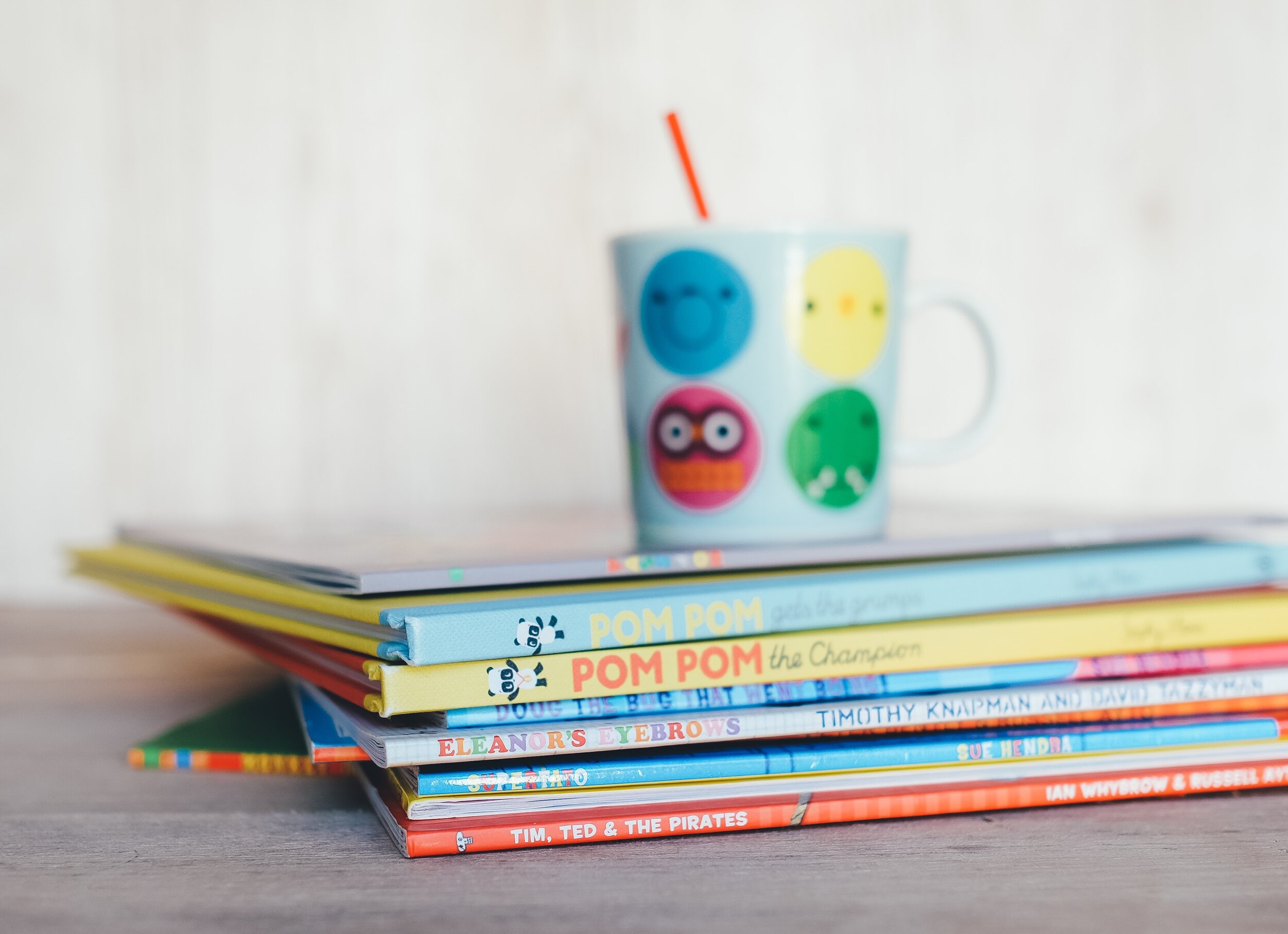

Becoming a parent comes with a considerable amount of questions. Among the most frequent are the ones related to going back to work and therefore the ultimate childcare solutions. Questions that are stressful enough to make you forget about those that come a few years later. However, time flies quickly and, 4 years later (5 for the less fortunate), comes the famous letter of enrolment in public school.
Then comes a new set of questions, this time about the choice of the school. If you wonder what public school you will send your child to, no need to worry, as he/her will be automatically enrolled in the nearest one to your home. On the other hand, if you decide to go for a private school, it would be preferable to think about it ahead of time in order to choose the school that is best suited to the child and the parents.
In Switzerland, schooling is free and secular (non religious) in public schools. 95.4% of the population do their compulsory schooling in public schools, 4.6% attend a private school compared to an average of 20% in France in 2018/2019*.
Indeed, the offer of these institutions is huge in Geneva. A certain number of them accept, for example, children as young as 2 years old, two years earlier than public schools in Switzerland. Others are specialized in alternative pedagogies such as Steiner or Montessori.
Generally speaking, private schools provide better supervision and support for the child’s personal development. Pedagogy is adapted to his level, while in public schools, he listens to the teacher who must follow an established and identical programme for the whole class. If the child falls behind he must make up for it to catch up on the class. In private, the teacher accompanies each student individually, adapting, if necessary, the programme to his or her school level while also taking into account his or her interests and aptitudes. He often adopts several methods, academic or creative, in order to achieve the objectives of the current year. It is a very tailor-made learning experience that only the private sector can afford.
In any case, putting your child in the private sector is first and foremost a financial question. On average, a registration will cost parents several tens of thousands of francs, while in public schools, schooling will be free from primary school to university.
Moreover, if parents prefer a bilingual education (because they only speak one language at home, for example), they will have no choice but to go to a private school. Indeed, in Switzerland, public schools teach French as the main language, German from 5P and English from 7P. On the other hand, if the parents are expatriates and do not speak French at home, it might be preferable for the child to attend a public school in order to better integrate into the local culture.
In addition to our excellent and recognized education system, the public school allows children from the same neighbourhood to build very strong relationships. It is inclusive, multicultural and integrates children no matter what origin, culture or income background they come from.
« As long as we can financially afford it, we will continue to make certain sacrifices to leave our children in private, especially between the ages of 3 and 6. According to Maria Montessori, children in this age group have an exceptional capacity for concentration and learning. It is the absorbent mind. She even said in her writings that the most important period of a child’s life is between birth and six years of age and not during the university period. »
(MotherStories testimony)
Also, public schools will ensure easy admission process to local universities and other Hautes Ecoles Swiss. On the other hand, if they wish to continue their studies abroad, the private and international diploma will be more easily recognised than a Swiss Maturité. This is why most private school graduates end up going abroad, which can be a great idea if it was thought through and anticipated.
If the aim is for the child to complete his or her entire schooling in Switzerland and then live and work here, then yes, it might be better to go to public schools in order to ensure a better integration into the local economic and social environment.
So we could wonder, how do you know at the age of 4 what your child will do as a grown up? Indeed, it is difficult to predict without a crystal ball.
Following the many testimonies we gathered, we noticed that it is totally feasible to test both systems. Several parents started by putting their child in private school because, either the child was born after August 1st and he/she would have had to wait another year before starting school or because they chose another language or an alternative educational method like Montessori as an example. Then, after a few years in the private sector, they realize that the system was not suited to them or their child and therefore switched to public school. Other parents also shared their opposite experience.
In conclusion, the decision to put your child in a private or public school is very personal (sometimes subjective) and will vary according to the experience, background and education of the parents, but also their expectations, convictions and, of course, financial means. If they themselves attended a private school and have great experience and memories of it, it is more likely that they will enroll their own children in a similar school and vice versa for the public sector.
So there are no good or bad choices and even less good or bad parents, but simply parents wishing the best for the future of their little ones.
Public vs Private: preschool and primary school pros and cons chart
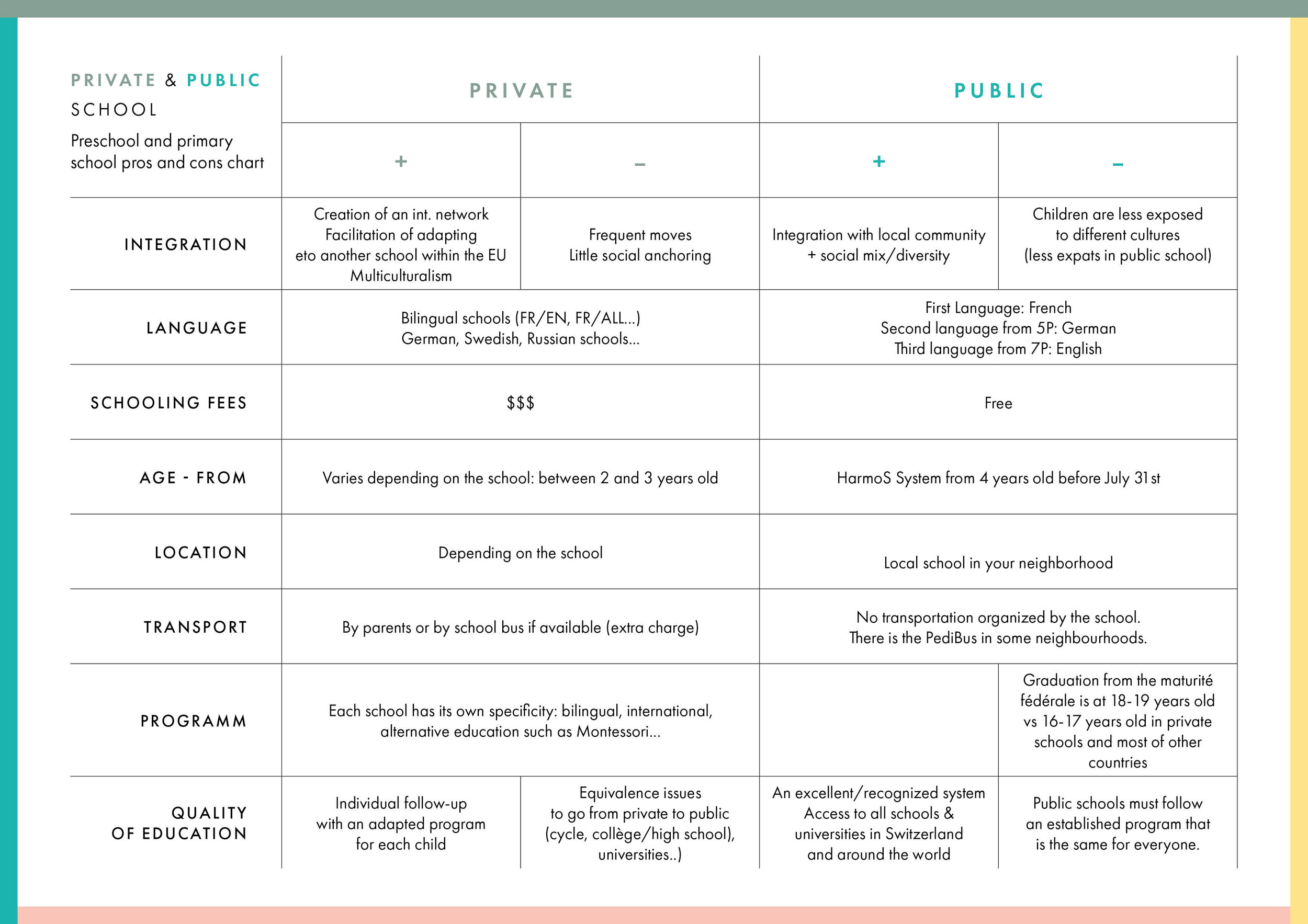

If you end up choosing a private school, you should evaluate the following points:
- Define the teaching method and pedagogy you want (Bilingual, Montessori, Steiner…)
- Check the school’s reputation (student turnover and teacher qualification)
- Find out about the tuition fees (including extracurricular activities, which can quickly add up to a hefty bill).
Finally, don’t hesitate to visit the schools, question the teachers as well as the students and their parents in order to get a maximum of feedback on the quality of the school you choose.
« At the end of December 2018, the total resident population of the canton is 501748 inhabitants, of which 40.1% are foreigners.**”
This large number of expatriate families explains why there are so many private schools in the region. Below, we have listed the main ones in the Geneva area (without ranking):
Rive Droite :
- Ecole la Découverte
- Collège du Léman
- International School of Geneva
- Geneva English School
- Ecole allemande
Centre :
Rive Gauche :
On request, in partnership with the relocation company Welcome Service, we can provide you with a complete and comparative list of the different private schools in the Geneva area.
*(https://frontalier.moncoachfinance.com/2019/09/systeme-scolaire-suisse-educatio-6440.html)
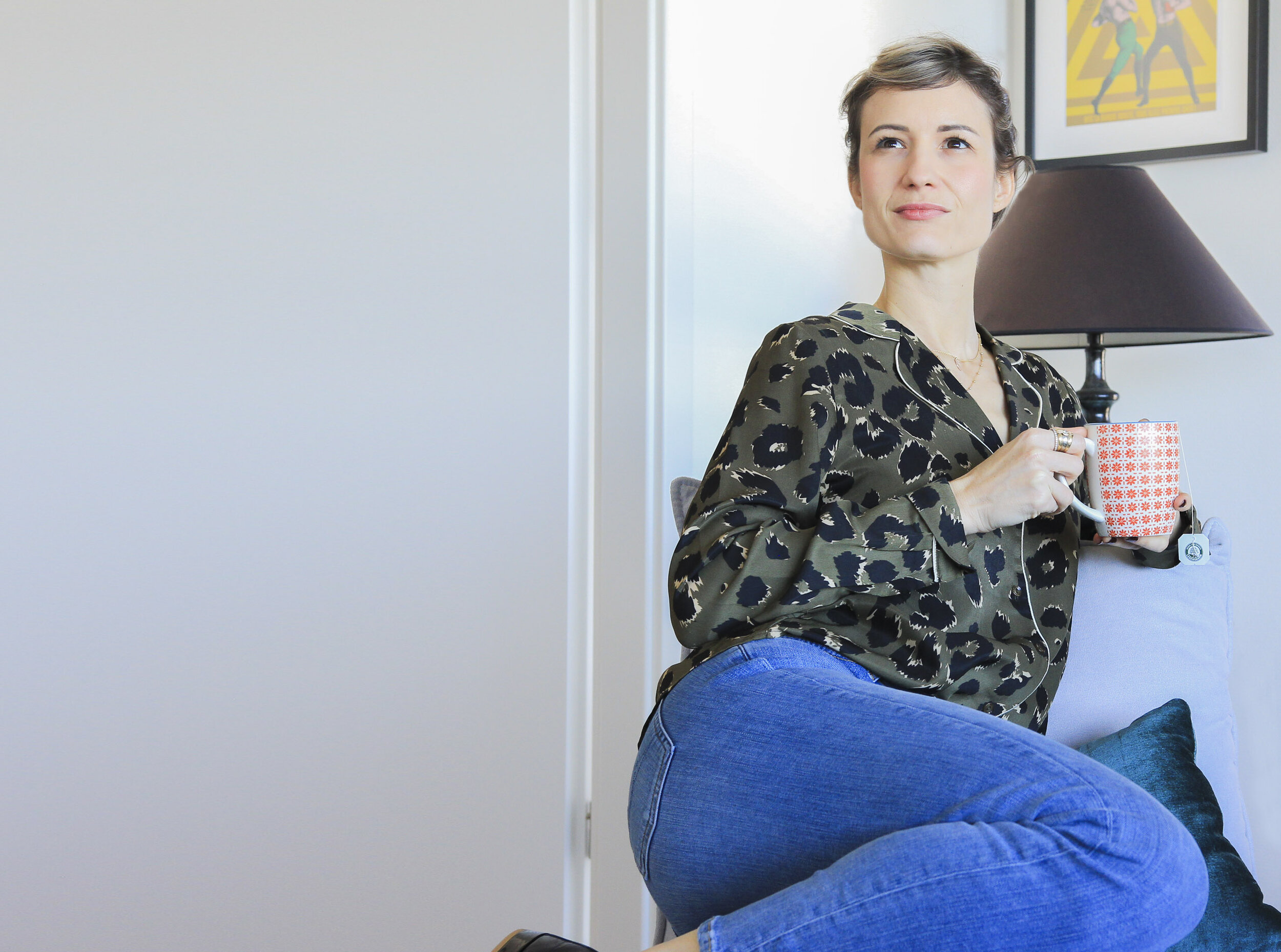
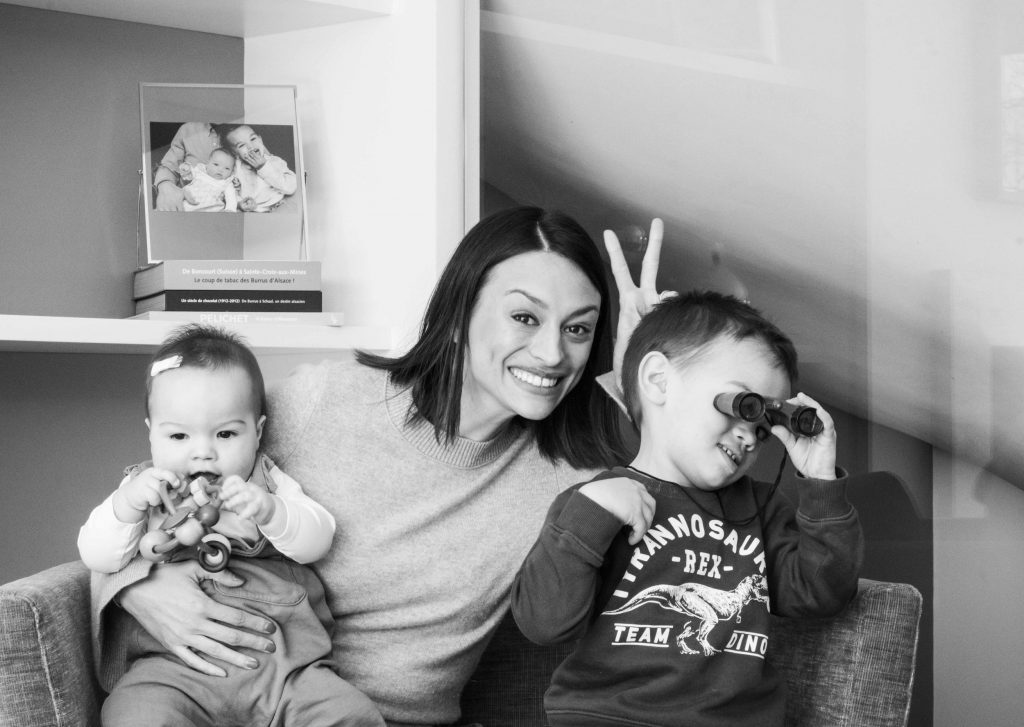
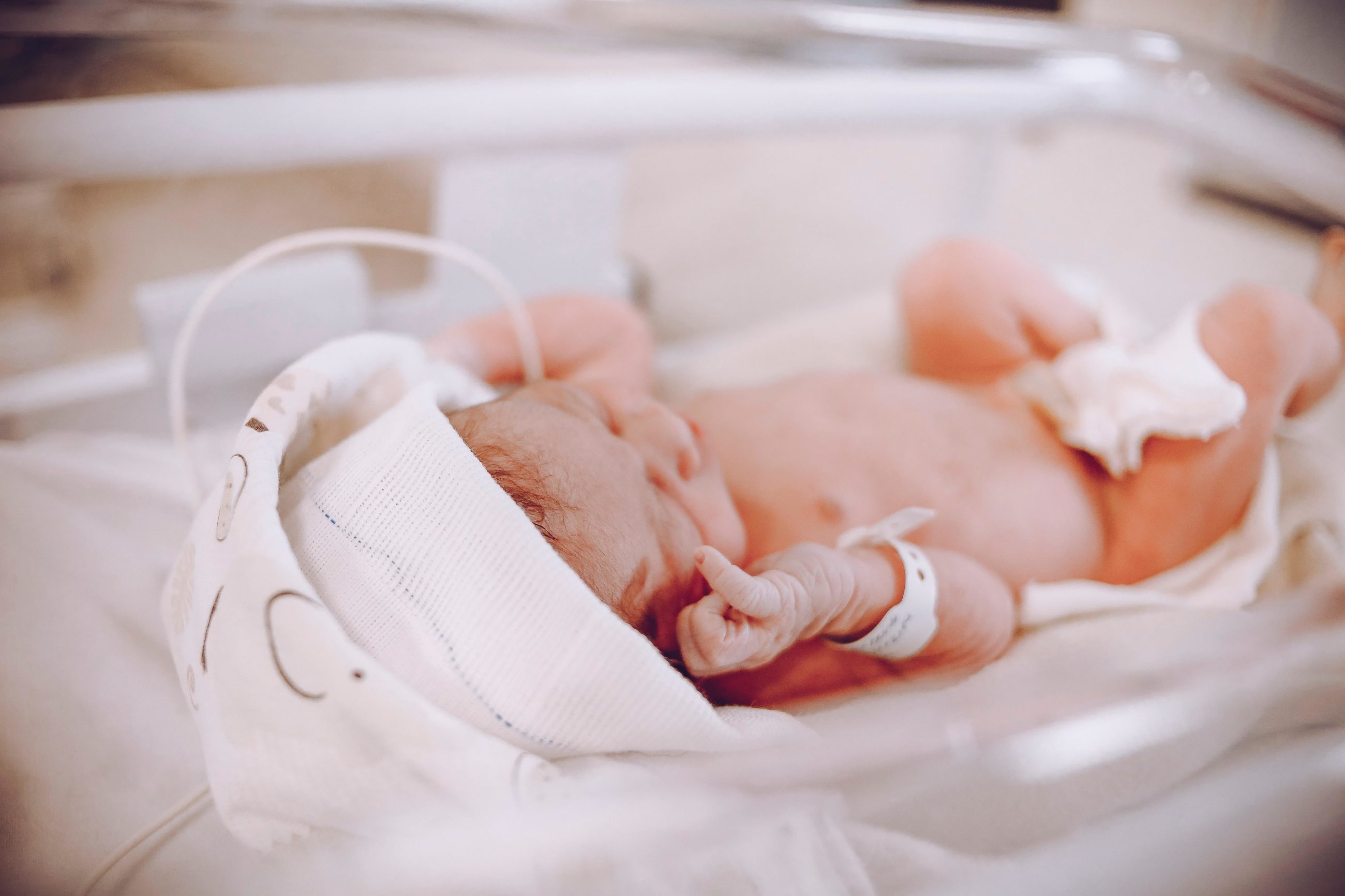
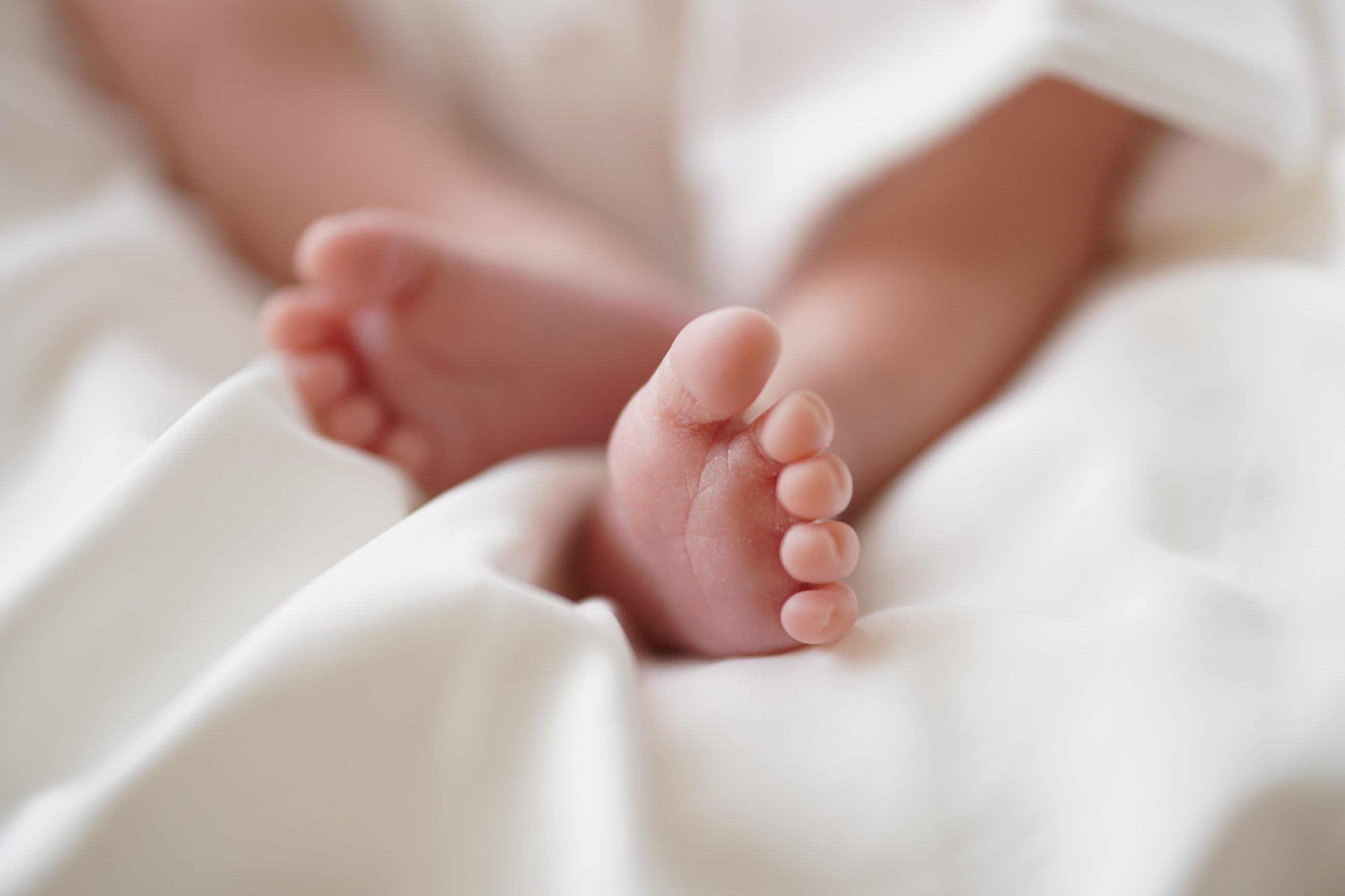
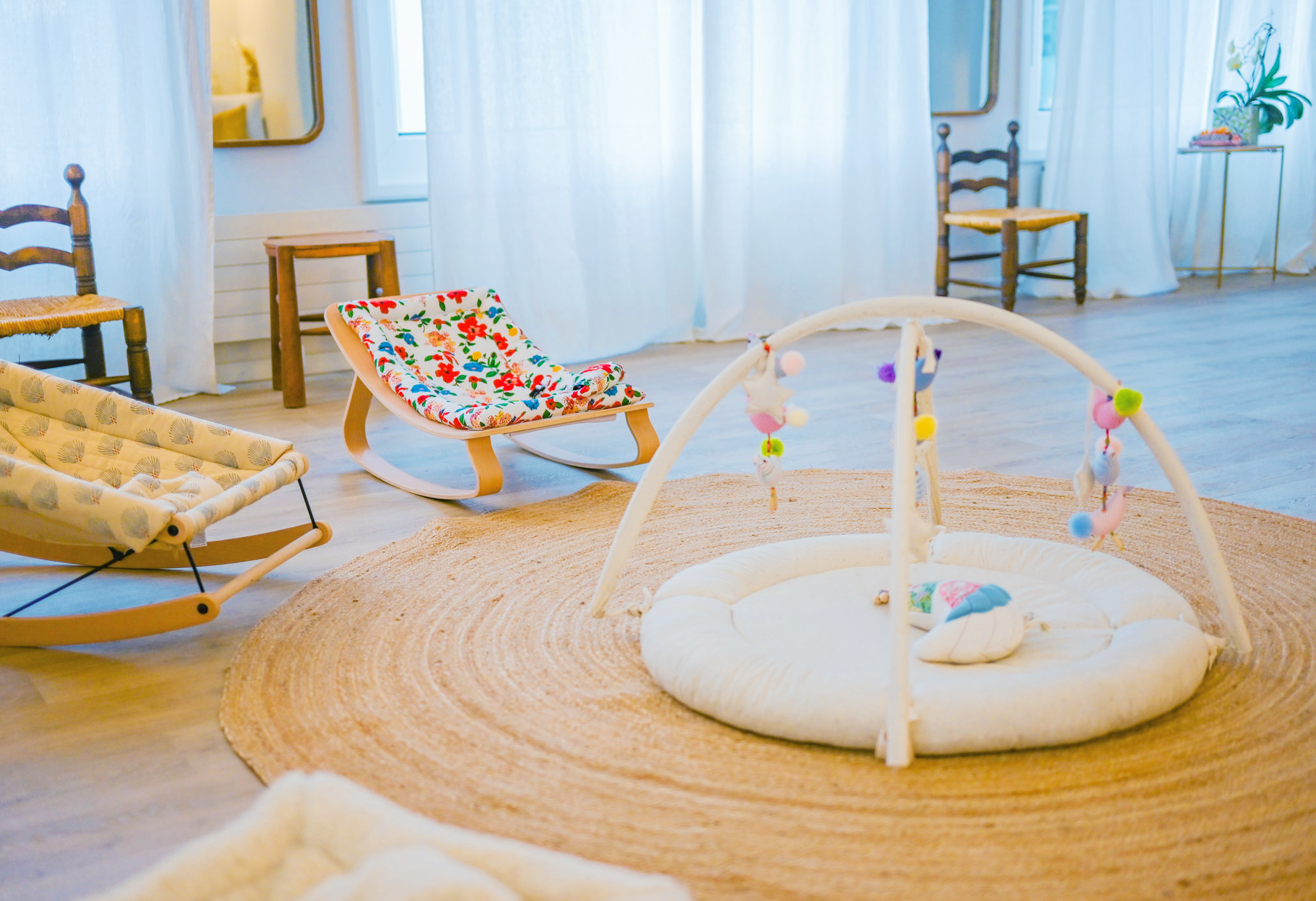
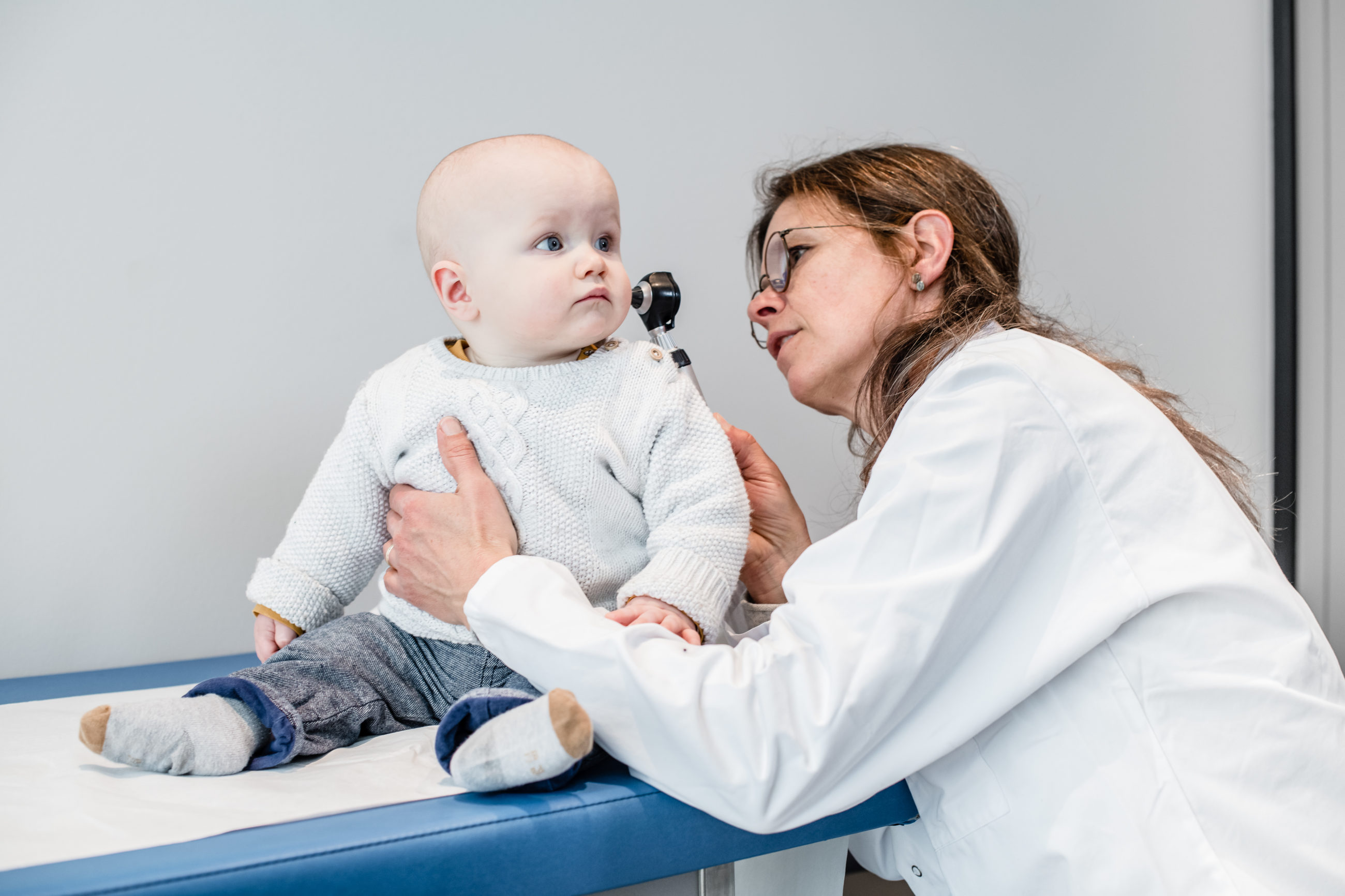
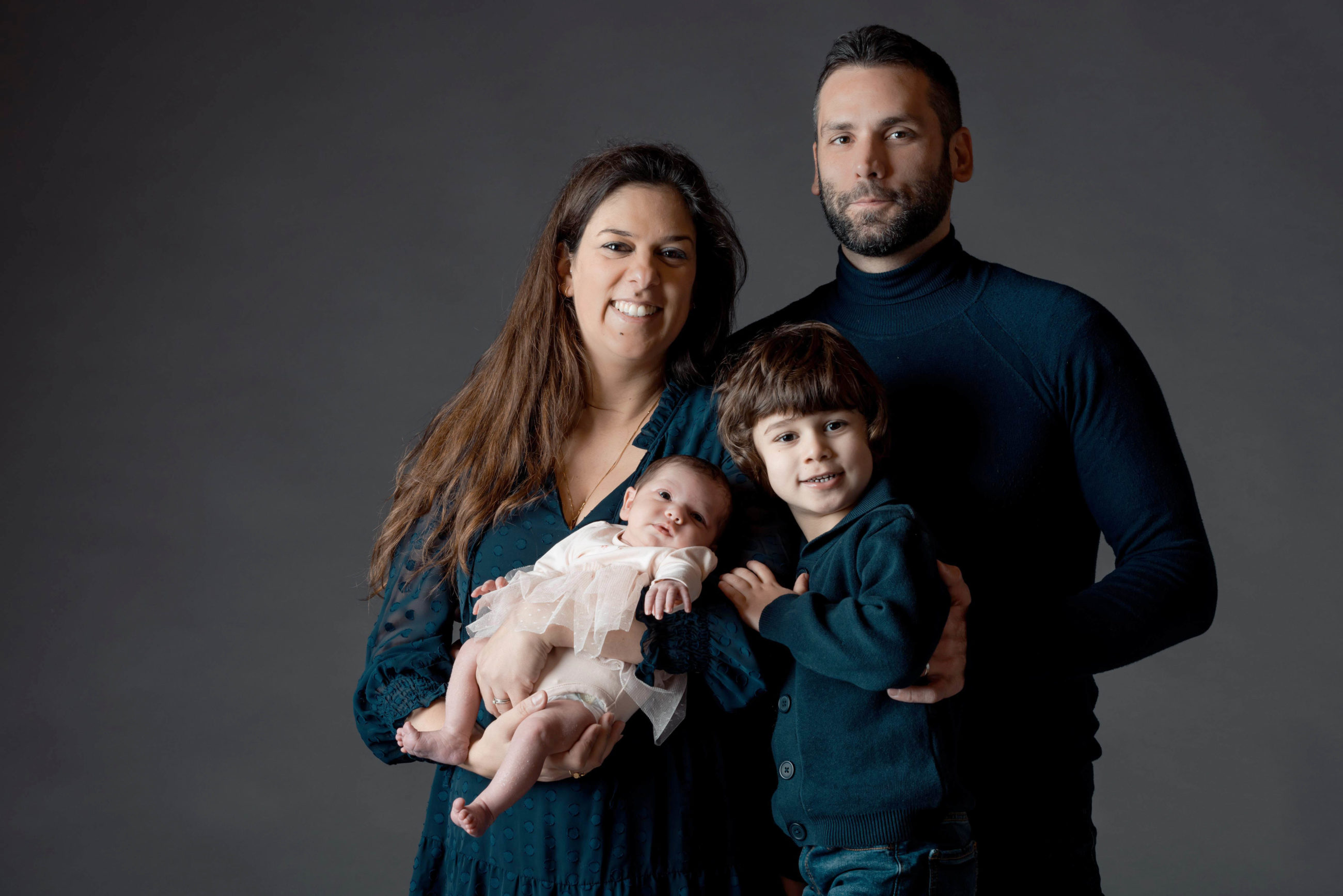
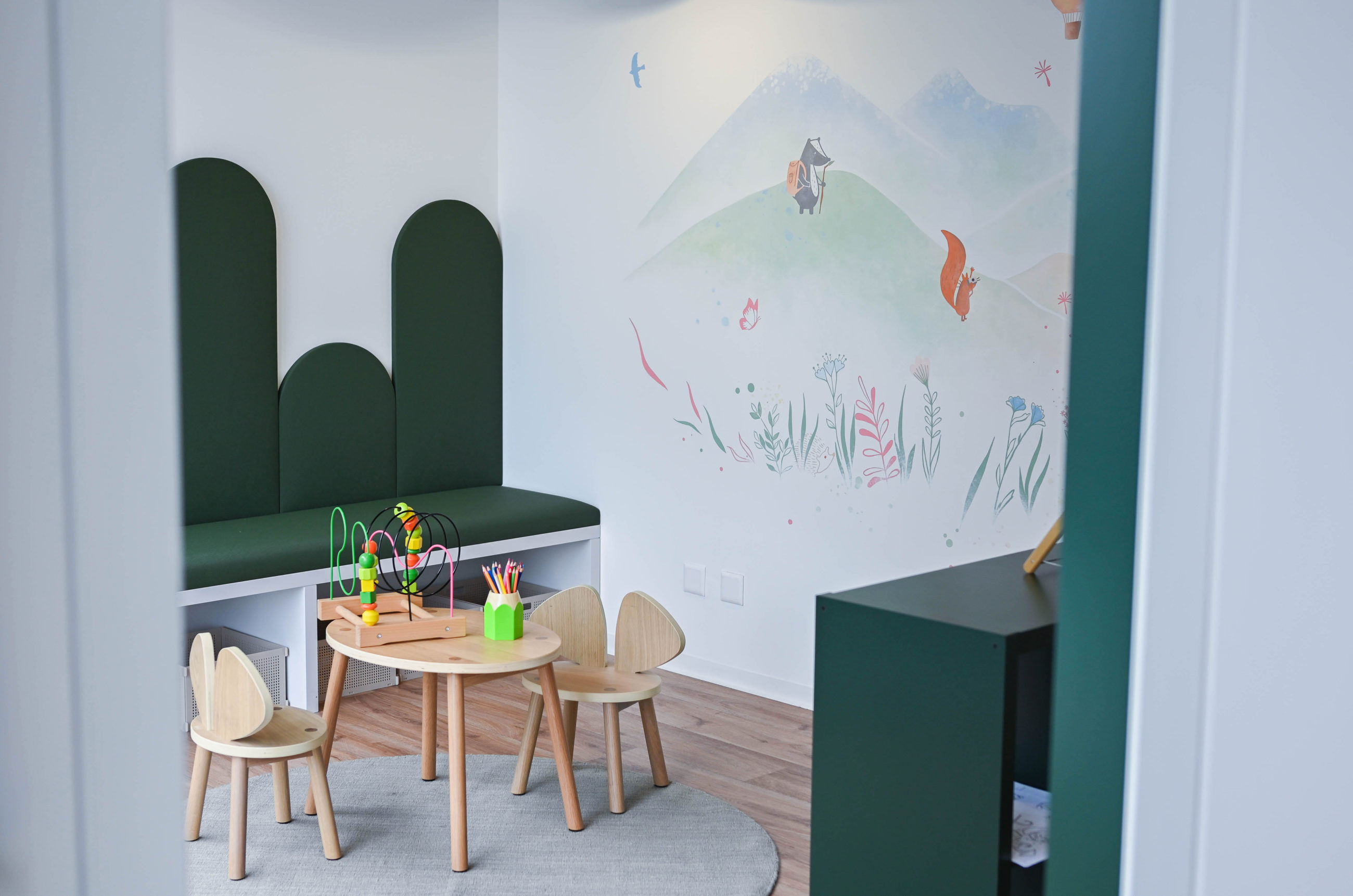
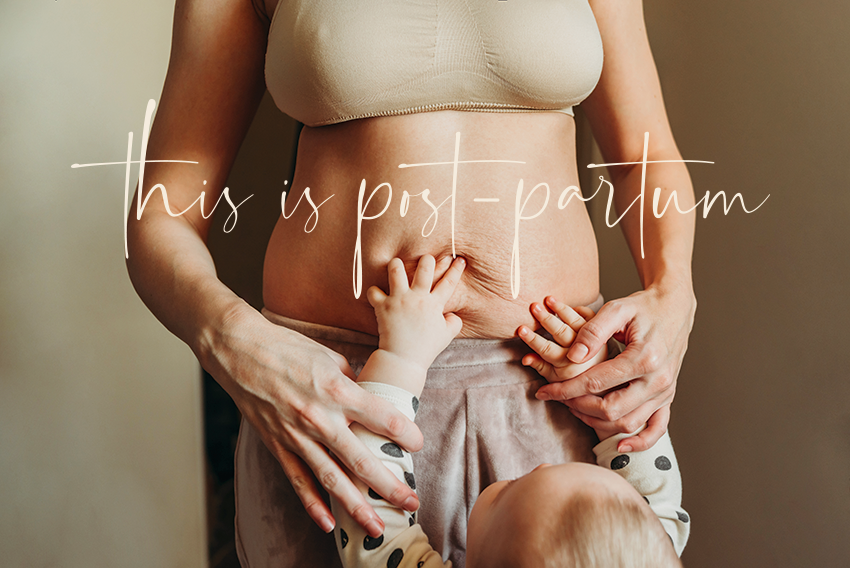

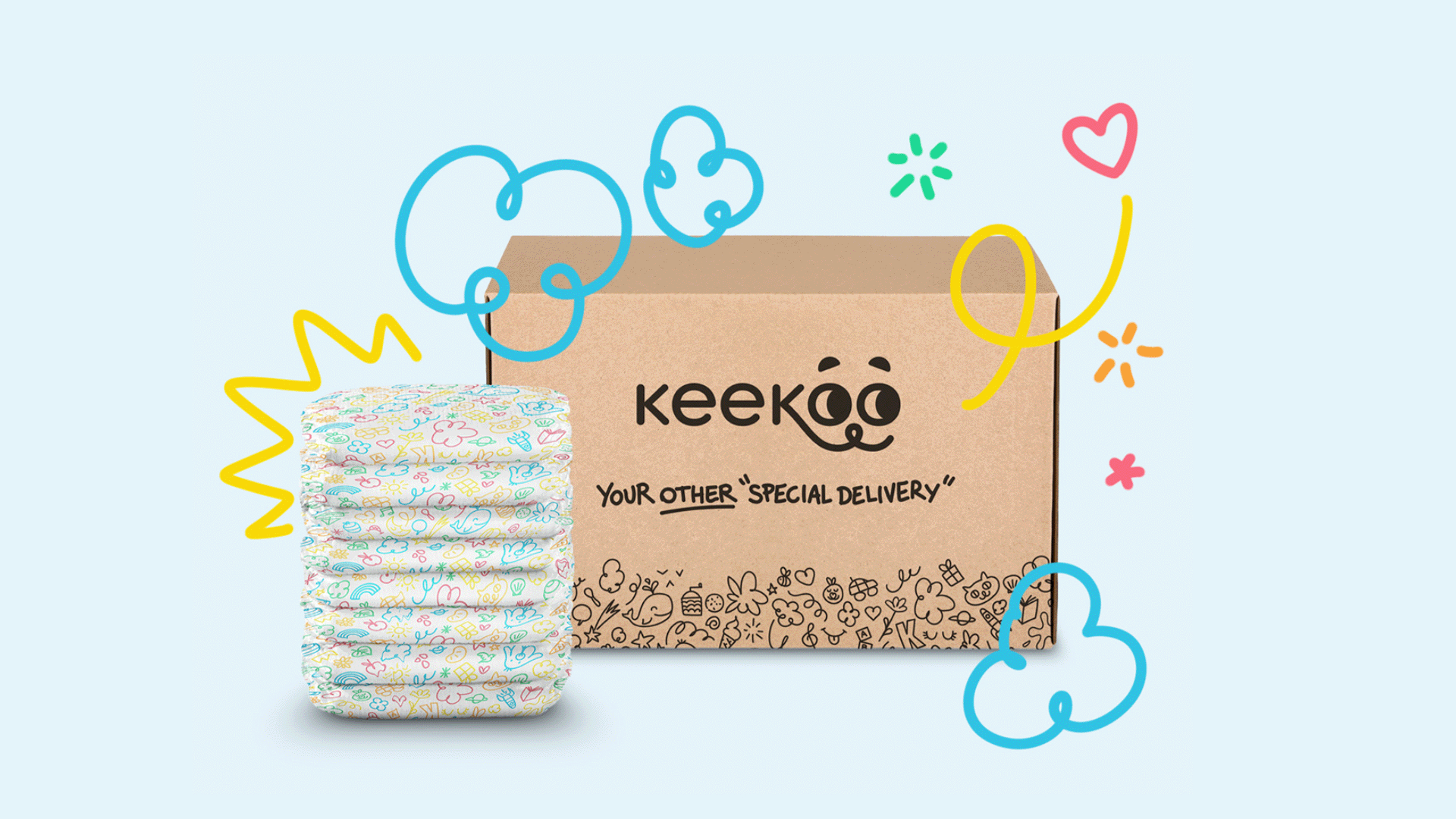
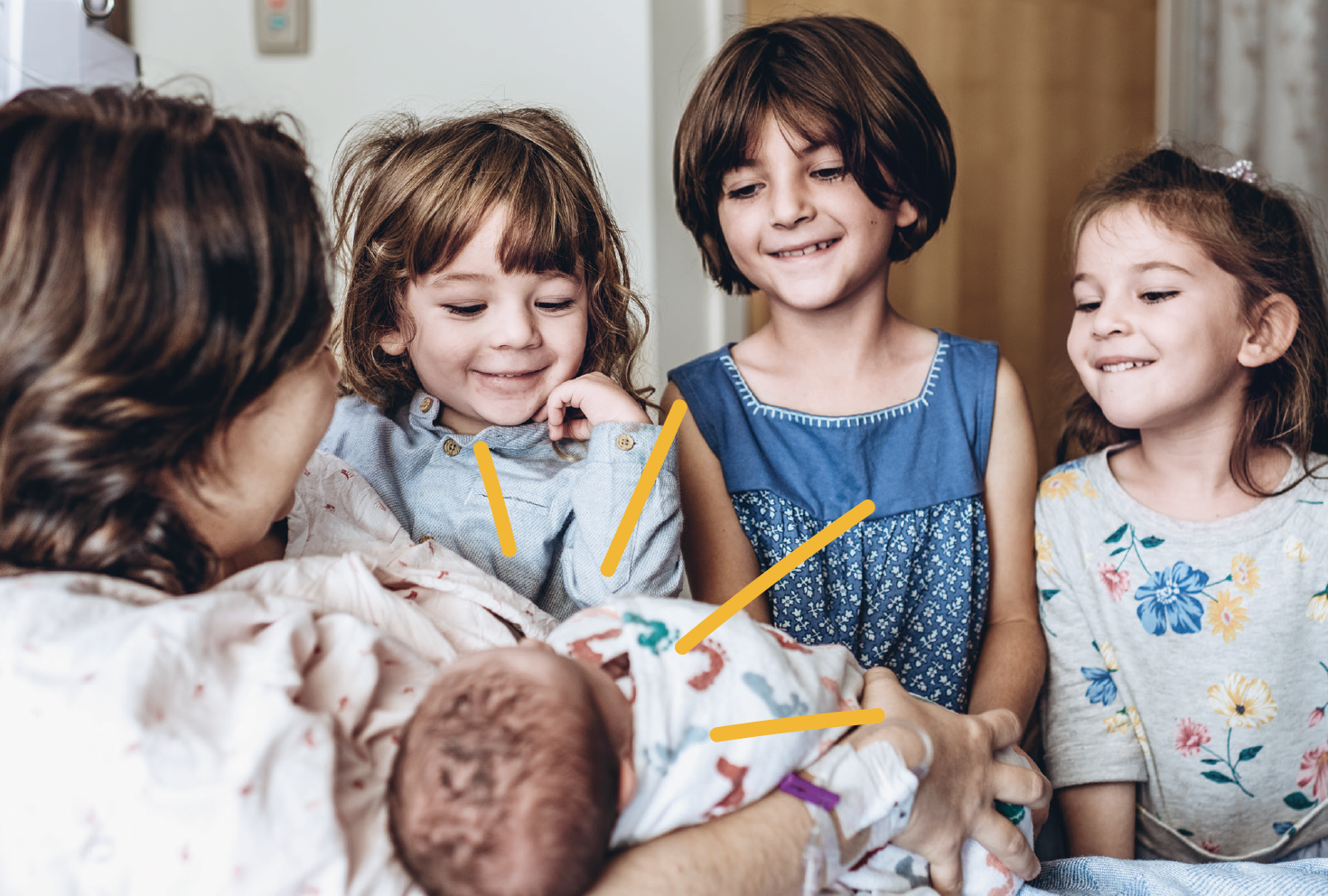

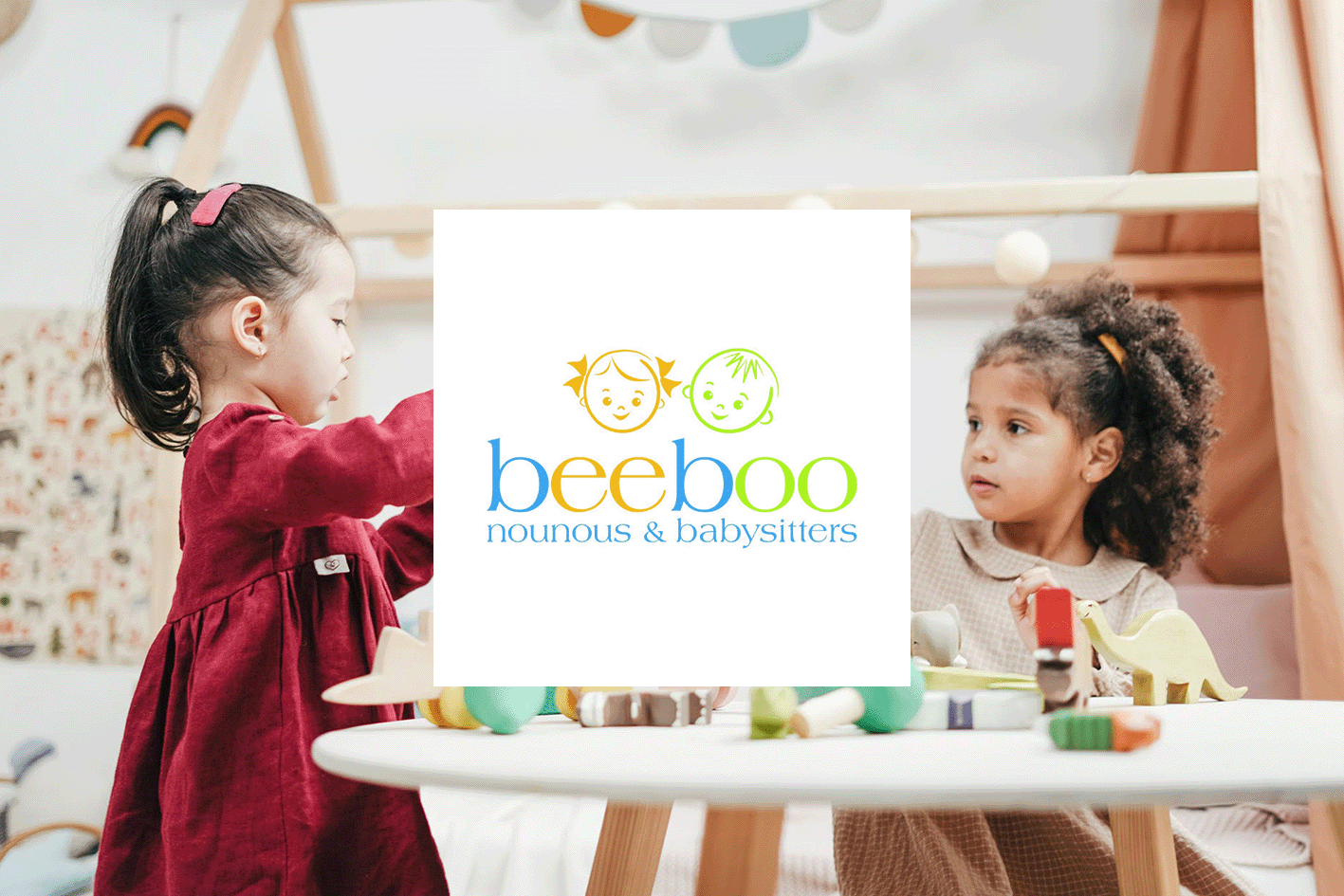
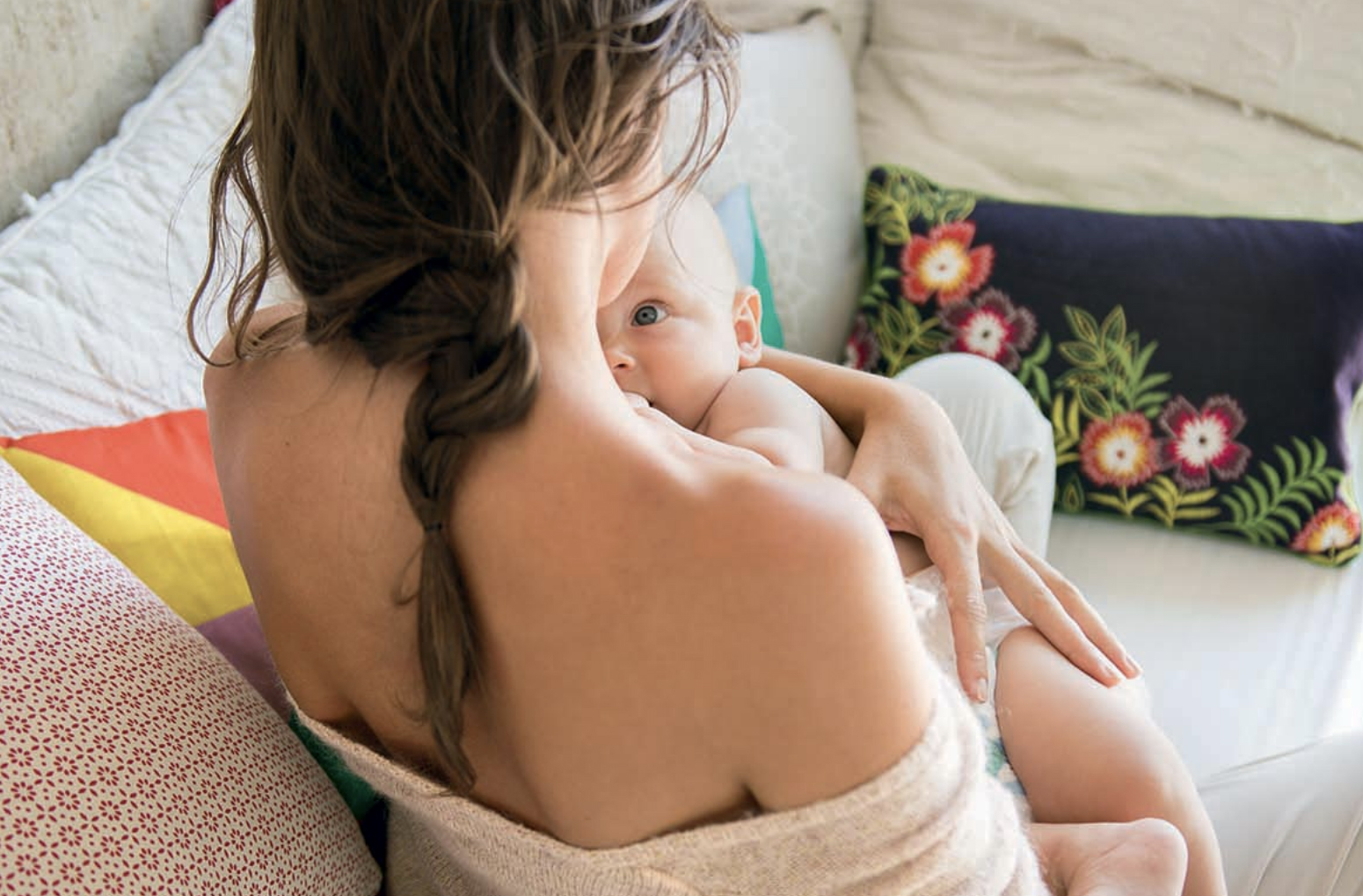
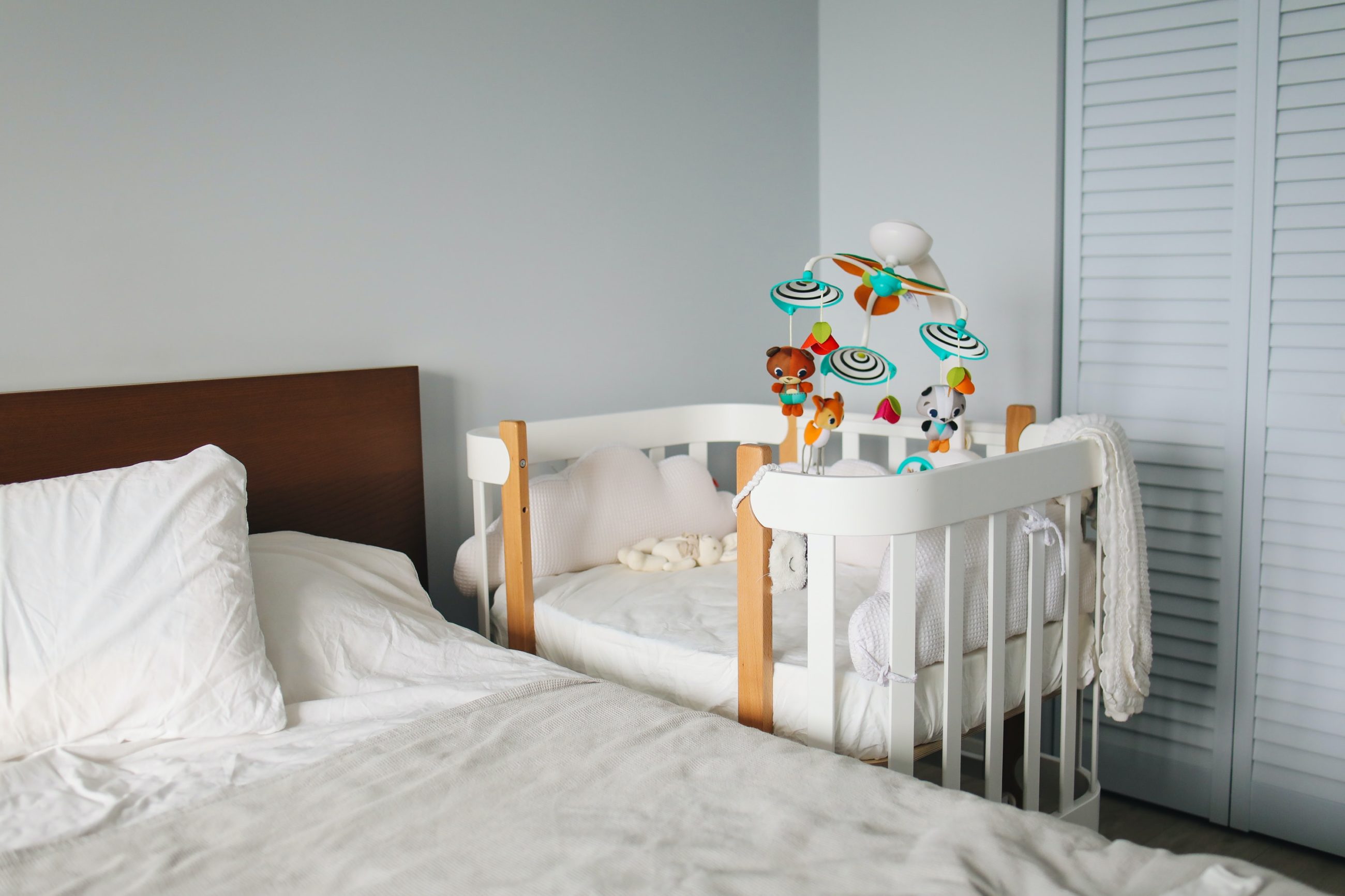


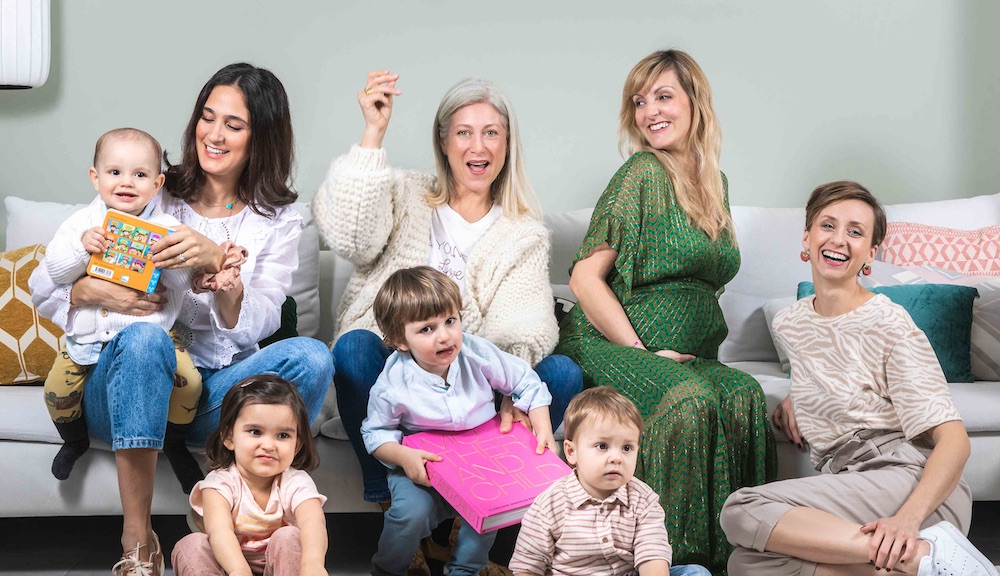


Partager cet article